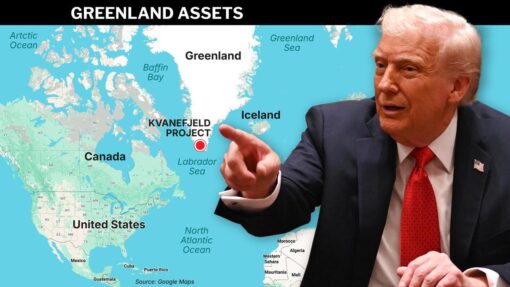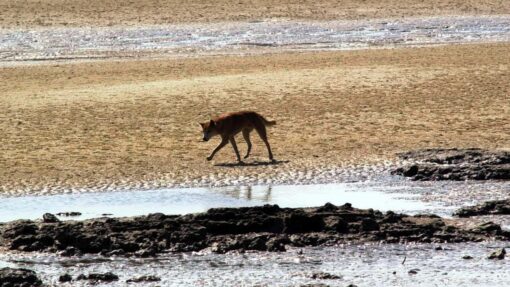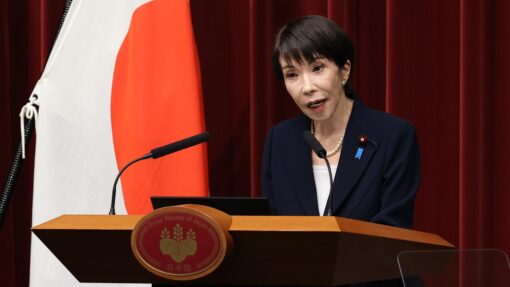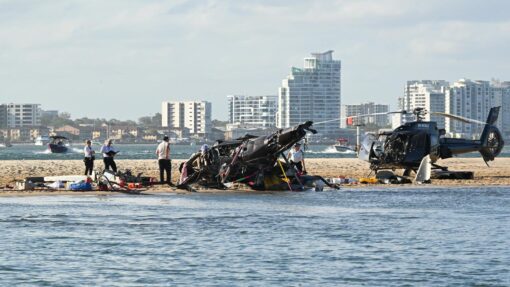Oncology company reports promising cancer find
Derek Rose |
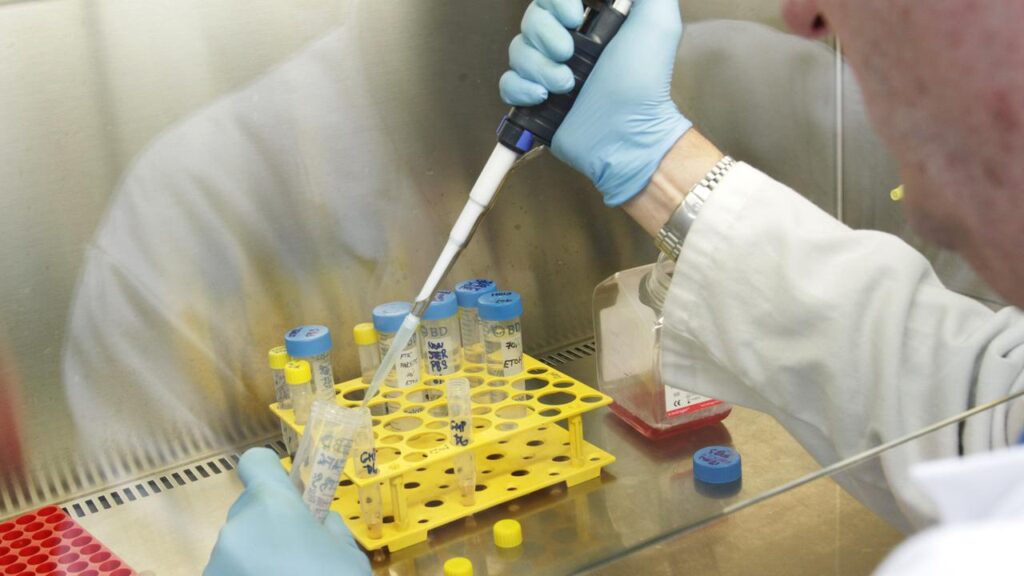
Shares in a struggling oncology company have skyrocketed after a late-stage cancer patient taking one of its drugs saw her tumours apparently disappear.
Nasdaq-listed stock of Sydney-based Kazia Therapeutics surged 51.7 per cent to a five-month high of $US8.74 ($A13.43) in after-hours trading on Tuesday after the announcement.
Kazia said the patient with stage-four breast cancer has achieved what an “immune-complete response”, meaning there was no indication she still had cancer.
The woman in her 40s had been treated with a combination of standard chemotherapy, Kazia’s drug candidate paxalisib and Merck’s Keytruda, an intravenous infusion sometimes described as miraculous for its ability to melt away tumours.
Kazia is one of a number of companies exploring treatments that could work synergistically with Keytruda, the best-selling drug in the world in 2024 with $US29.5 billion ($A45.3 billion) in sales.
Kazia said the patient had been diagnosed with a hard-to-treat form of breast cancer known as “triple-negative” in April 2023 and underwent a double mastectomy but two years later cancer was found in her bone and lungs.
A PET/CT scan after three months of therapy demonstrated complete resolution all of her previously identified lesions, although she remains on therapy and under active clinical monitoring.
“Observing an initial complete response in a patient with metastatic triple-negative breast cancer is an extremely encouraging clinical finding,” Kazia chief executive John Friend said.
“Although this is a single expanded-access case and requires confirmatory imaging, the depth of response aligns closely with our mechanistic hypothesis that paxalisib may meaningfully enhance anti-tumour immunity when combined with checkpoint blockade.
“This outcome further energises our phase 1b program in advanced breast cancer and complements significant progress across our broader pipeline.”
Kazia has been mostly exploring the use of paxalisib to treat brain cancer, but in July began a phase 1b clinical trial at three Queensland hospitals testing its use to treat advanced breast cancer, with results expected in 2027.
The company voluntarily delisted from the ASX in 2023 to save costs but now is facing a potential delisting from the Nasdaq because its market capitalisation has fallen below $US35 million.
Even with the after-hours surge its market cap is remains about $US15.4 million.
AAP